How to Improve Website Conversion by Optimizing for Repeat Business
Published January 12, 2016 by Andrew Kucheriavy in Product Management
Updated on October 2, 2023
Top-performing websites are effective in generating sales, but are they just as effective in retaining customers and generating residual income?
The question you should ask yourself is: What happens after I close this sale? Is that it? Will I ever see this customer again, or is this a once-only sale?
If your website isn’t designed to encourage repeat business, there are several strategies you can implement to turn things around.
Make Reordering Easy
Once a customer makes a purchase on your website you should make sure it is easy for them to return and make more purchases.
You can facilitate future purchases by saving the information they have already entered at the time of their initial purchase, such as contact, shipping and billing information.
By having this information pre-populated in the appropriate fields, customers can place a repeat order in an even easier manner than making the initial one.
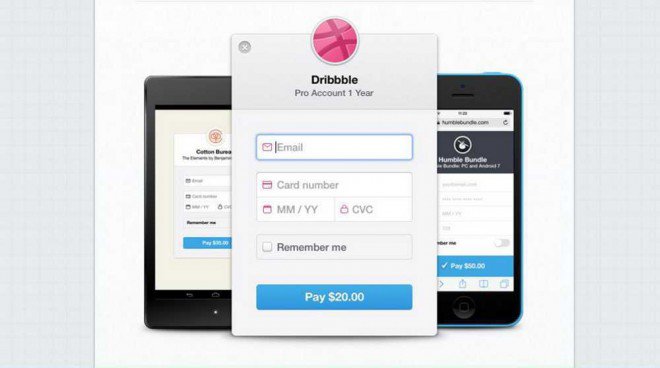
Customers may have some reservations about storing billing information, particularly credit card data.
However, there are secure ways to store this data: Ask your web developer about best practices for storing billing information, either on your website or through the payment gateway.
In some cases it may also be advantageous to offer your customers the ability to repeat orders for the same product and add these items automatically to their shopping cart.
If there are items that need to be reordered on a regular basis your customers will appreciate this convenience.
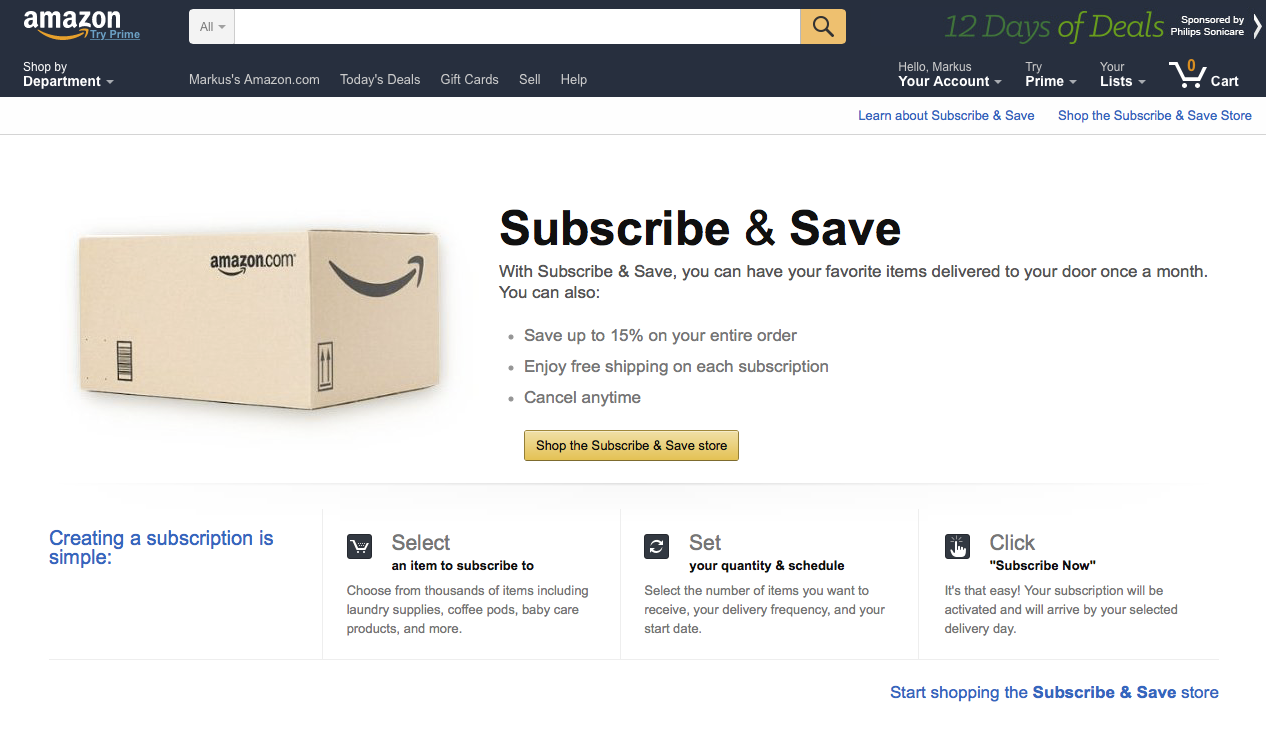
Finally, automatic ordering can be used to reorder at specific time intervals (e.g. products or services delivered every month) or when a customer runs low (e.g. replenishing download credits).
Such a process ensures that your customers receive your service and products in a timely manner and guarantees residual and ongoing income for your organization.
Use Post-Order E-mails
The need to save your customers’ email addresses with every order is evident. At the very least, this is the means to communicate with them to:
- Confirm their order, and
- Let them know when their order has been processed or shipped.
Another reason to make post-order contact with your customers is to improve their overall customer experience.
A post-order email (at appropriate intervals of time) are a great way to increase value by delivering relevant and personal information after a purchase has been made.
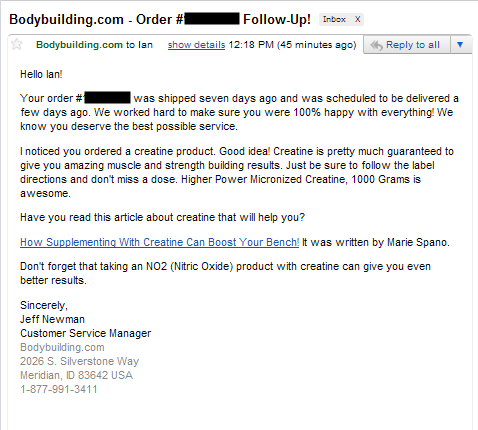
If you’re selling, let’s say, coffee machines, you could send a simple step-by-step initial setup guide via email a few days after the order has been shipped.
And you could send another timed email a week before the machine should be descaled for the first time, including instructions for descaling and links to suitable descaling products.
Another great use for post-order emails are feedback emails.
Wouldn’t you like to know:
- What customers think about your online store?
- Whether everything went right with their purchase?
- What improvements customers want to see?
A post-order email is perfect to ask these kinds of questions.
Using this means of communication you can establish an continuous stream of highly valuable feedback from your customers.
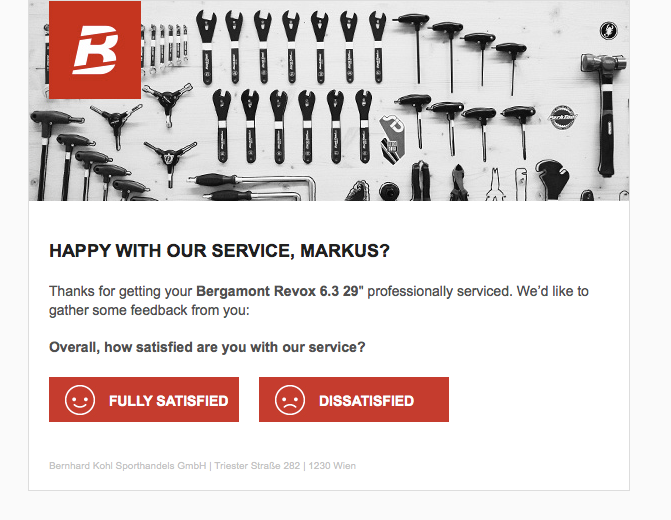
Sending relevant emails is clearly a very powerful tool to generate additional sales.
The secret consists in sending relevant and customized information at precisely the right time. It should be valuable and helpful.
If people’s relevant issues are solved, sales will follow naturally.
Loyalty & Rewards Programs
Everyone loves getting free stuff or discounts with purchases.
A well-designed rewards program built into your website is a sure way to generate repeat business.
For example, consider rewarding customers with points for each purchase that can be redeemed for future purchases.

Below are some great tools that take the hassle out of building a loyalty program from scratch:
Beans
The Beans loyalty program works with Shopify and rewards shoppers for subscribing to the rewards program, taking social actions (e.g. liking your Facebook page), referring fellow shoppers, or making a purchase. Beans is free for up to 10,000 customers.
Shoutem
Shoutem allows you to quickly build a customized mobile loyalty program for your business.
Shoutem, which supports both iOS and Android devices, even allows you to notify your customers with push notifications and track store visits & walk-ins with iBeacon support.
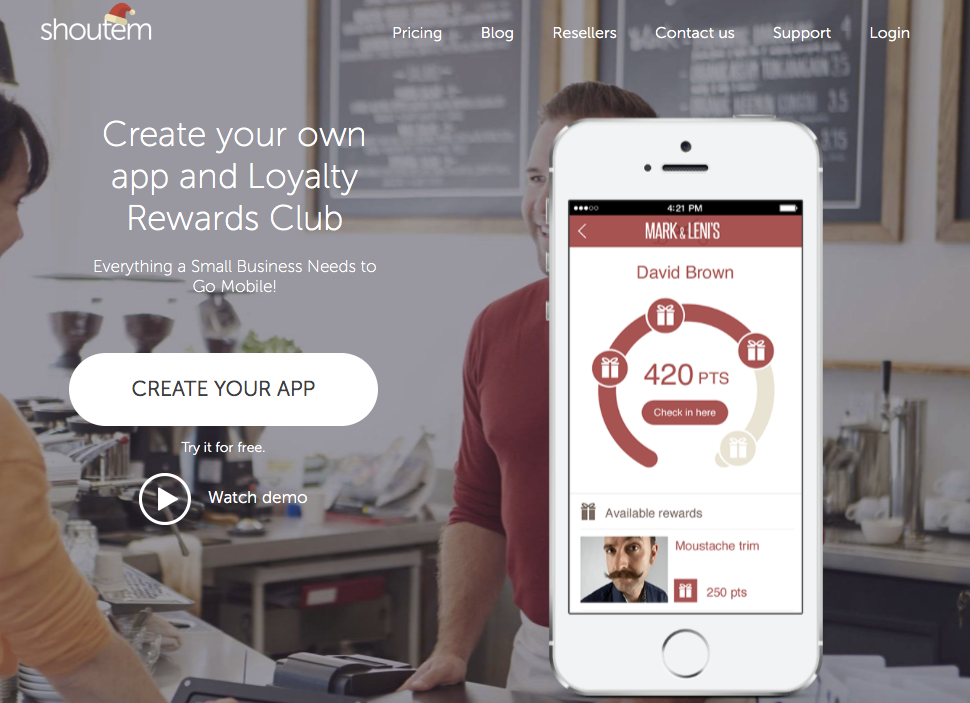
You can learn how to build your own loyalty program by reading this great post about customer loyalty programs on HubSpot.
Also here are the essential takeaways that businesses should keep in mind when assessing their customer loyalty programs in 2016.
This is a great way to build customer loyalty and generate residual income.
Analyze Performance & Continuously Improve Your Website Conversion Rate
Optimizing your website for repeat business is a great way to improve your website’s conversion rate.
But no matter how effective your website is in converting visitors into customers there is always room for improvement.
You should never rest on your laurels but seek out ways to continuously improve your website’s performance.
Other great ways to improve your conversion rate include:
- Continuous user testing to make sure your checkout works as expected and is understood by your customers
- A/B split testing your landing pages and email subject lines to improve your conversion and open rates
- Integrating continuous micro feedback into your business
- Writing your landing pages first, before designing them
What strategies are you following to boost your website conversion rate? Post your responses in the comments section below.
Back to homepage